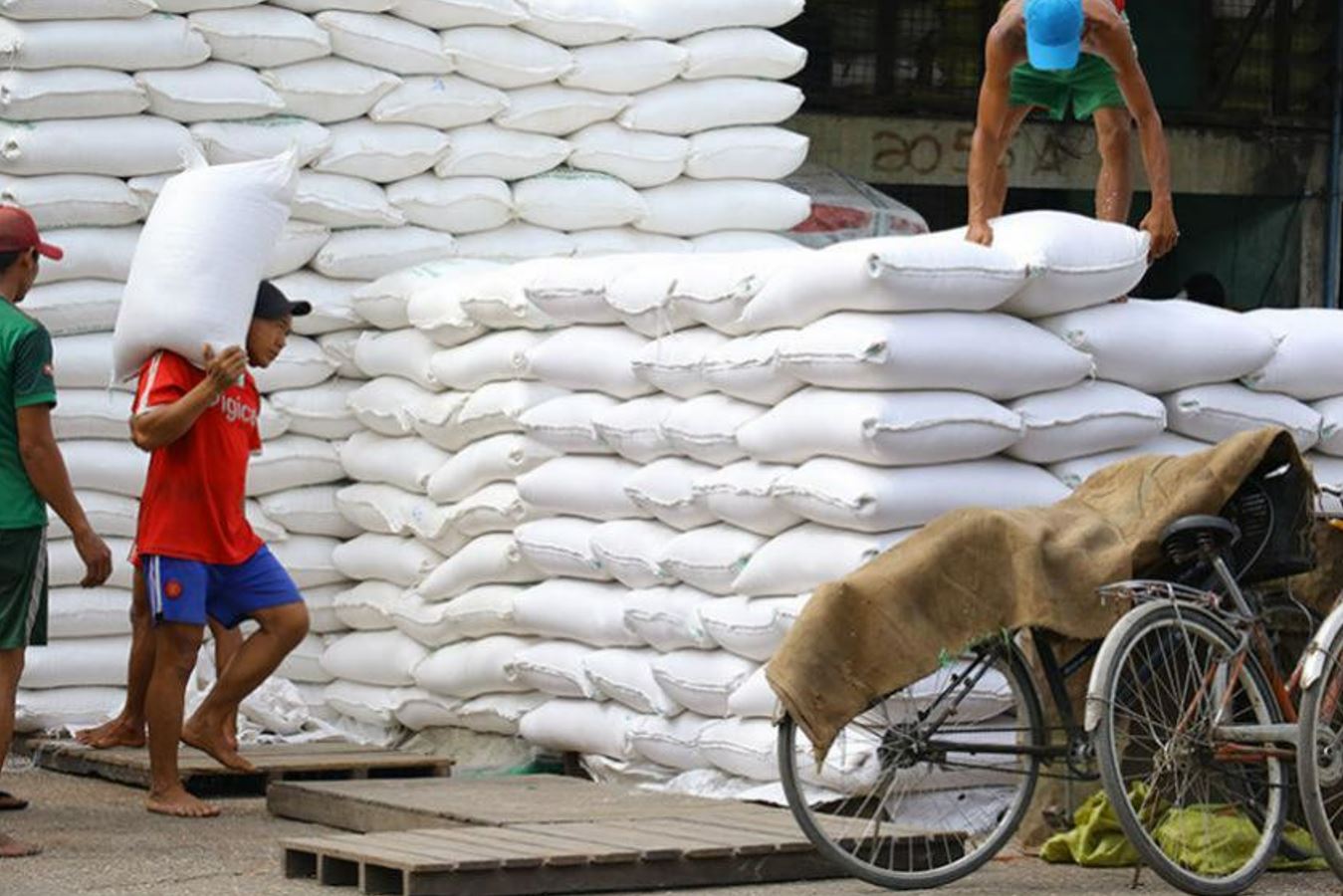CNI News
17 February 2024
The Central Bank of Myanmar has re-tighten the export earnings policy according to traders.
If the export earnings gained from exporting rice, bean, pea, corn and rubber would be spent to import fuel and edible oil, 70 percent of the export earnings was allowed to import fuel and edible oil while 65 percent of remaining 30 percent must be sold at the price designated by the Central Bank and 35 percent could be sold at the market price in the past.
However, at present, if an individual or a company that exports products doesn't import fuel and edible oil, 35 percent of their export earnings must be sold at the price designated by the Central Bank and 65 percent can be sold at the market price, U Thant Zin Tun, vice chairman of Myanmar Corn Industrial Association (MCIA), told CNI News.
" The price of corn will decline a little because in the past 70 percent of the export earnings could be sold at the market price. We could calculate on the basis of 70/30. But now when the traders are asked to import fuel, some companies can import fuel and others can't. When we have to calculate 65 and 35 percent, we could be busier. In the past, we had to submit 35 percent to the Central Bank and 65 percent was allowed to be spent on imports. We could sell the export earnings to those who would import fuel, which was stated before. If we sold oil companies, we could sell 70 percent of the export earnings at the market price. Of the remaining 30 percent, 65 percent and 35 percent were divided again. But it has changed now. If you export corn or rice and import the products designated, 70 percent of your export earnings can be sold at the market price. Otherwise, you can sell 65 percent only at the market price. So, for the time being, the prices will be unstable." he said.

According to the export earnings policy designated in the past, if rice, bean and corn were exported, and fuel was imported, nearly 90 percent of the export earning could be sold at the market price. So, the products that would be exported could be bought at a higher price.
But at present, because the export earnings policy has been changed, the profits gained from these commodities have been reduced.
Due to the change of export earnings policy, although the export sector is not affected, traders and farmers have got less profit. As the export earnings policy often changes, traders are finding it difficult to do business, an official from the Myanmar Rice and Paddy Traders Association, told CNI News.
" In the past, 30 percent of the export earnings was divided into 65 percent and 35 percent. So, exporters were able to sell nearly 90percent of the export earnings at the market price. But now they can sell only 65 percent at the market price. So, traders find it a little difficult. The current rate is also fair. If the prices were open, it will be freer. The price of dollars also will go up quite a bit. If the policies were stable, it would be better." he said.
As the agricultural inputs were more expensive this year, although farmers expected to sell their product at higher prices, due to the change of policy, they have to be hoping the current prices do not to decline any more, Ko Min Khaing, a corn farmer from Ayeyarwady Region, told CNI News.
" Corn farmers want to sell their products at a higher price because inputs are quite expensive. They expected to sell at a little higher price. But due to the change of policy, the price of corn will not probably go up quite a bit. We have to pray that the prices do not decline kind of." he said.
In the past, 70 percent of the export earnings gained from exporting rice, bean and corn was allowed to be spent to import fuel and edible oil. Moreover, 70 percent of the export earnings gained from exporting rubber was allowed to be spent to import fertilizer.




